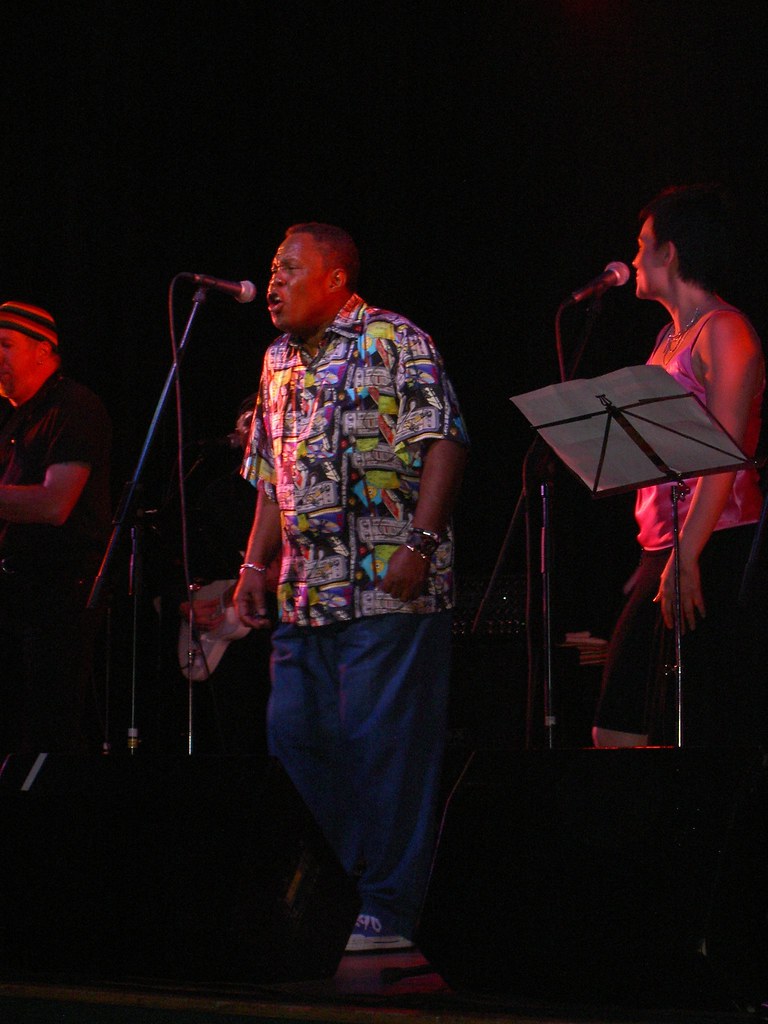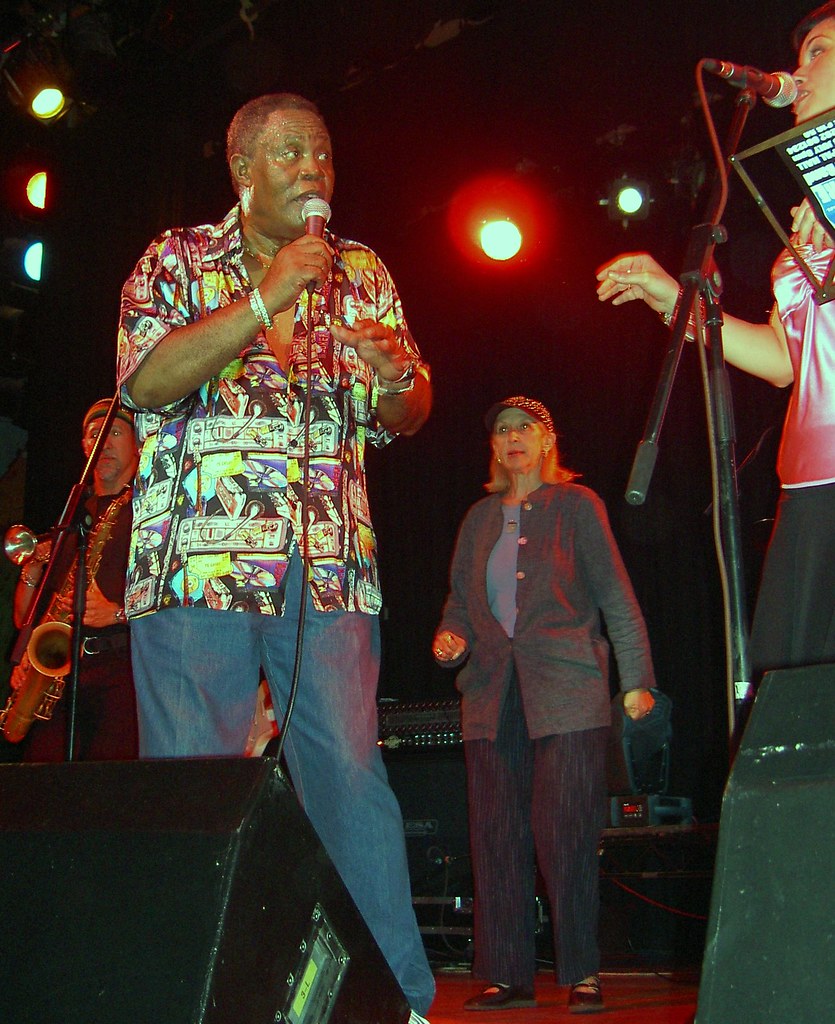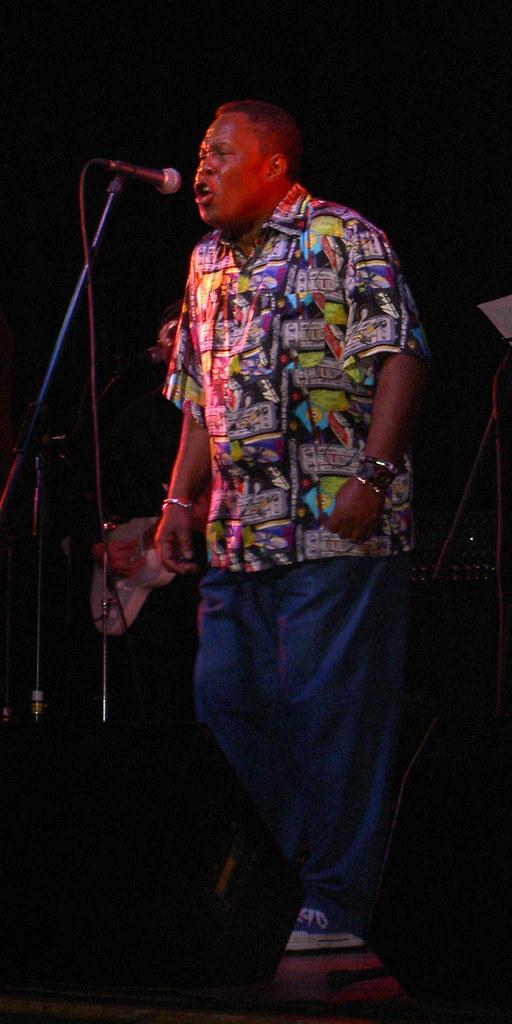
The world of soul music recently mourned the loss of one of its most powerful and indelible voices, Samuel David Moore, who passed away on January 10, 2025, at the age of 89. Best known as the higher tenor voice of the iconic duo Sam & Dave, Moore’s incredible talent helped forge the sound of an era, leaving an unforgettable mark on rhythm and blues, and indeed, American culture itself. His passing signals the end of an era, but his music and his story will resonate for generations to come, a testament to a life lived in song, struggle, and triumphant resilience.
From the electrifying energy of his live performances to the profound depth of his studio recordings, Moore’s influence stretched far and wide, touching artists from Bruce Springsteen to Al Green. His journey was not merely one of musical triumph, but also a deeply human narrative of overcoming immense personal challenges. He transcended the conventional definitions of a performer, evolving into an advocate for his fellow musicians, ensuring their voices, like his own, would never be silenced.
As we look back at the life of this Rock & Roll Hall of Famer, we trace the contours of a career that defined the very essence of soul music. Moore’s story is a vivid tapestry woven with threads of raw talent, groundbreaking innovation, and an unwavering commitment to his art. It is a story that illuminates the vibrant heart of American music, brimming with cultural significance and historical importance.
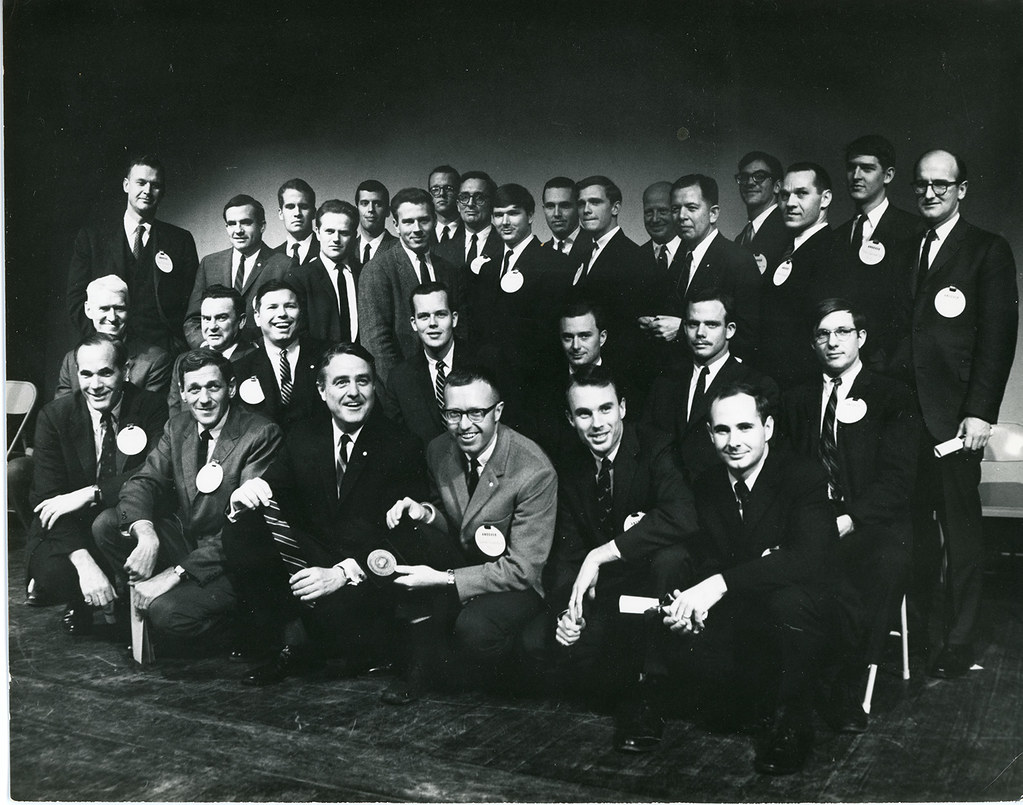
1. **A Humble Miami Beginning**Sam Moore’s extraordinary journey began in Miami, Florida, where he was born Samuel David Hicks on October 12, 1935. Raised by his mother, a teacher, and later taking his stepfather’s surname, Moore’s earliest exposure to music came through the deeply spiritual hymns sung in his Baptist church choir. It was here that the foundations of his powerful, gospel-infused vocal style were laid, as he immersed himself in the rich traditions of gospel and doo-wop groups.
Yet, his early life was also marked by a certain rebellious streak, a reflection perhaps of his feckless father, who was described as “a tireless womanizer.” Moore himself reportedly “bedded three of his teachers” while still in school and fathered his first child at the age of 16. These youthful indiscretions, including surviving a gunshot wound to the leg from a jealous husband, hint at a life lived on the edge, a trait that would later fuel the raw intensity of his stage performances.
A pivotal moment in his nascent career involved a tantalizing offer from another legendary Sam—Sam Cooke. Cooke reportedly sought Moore to replace him in his acclaimed gospel group, The Soul Stirrers, a testament to Moore’s undeniable talent even in his early days. However, Moore’s path was destined for a different genre, as he made the conscious decision to shift from gospel to pop after witnessing a captivating performance by the dynamic Jackie Wilson.
His immersion in Miami’s soul and R&B club scene throughout the 1950s further honed his craft, transforming him from a gifted choir singer into a commanding stage presence. These formative experiences in local clubs were crucial, allowing him to experiment with his vocal range and performance style, setting the stage for the explosive energy that would soon become his hallmark.
Read more about: Global Icons of 2025: Discover the Top Figures Dominating Conversations and Shaping Our World
2. **The Fateful Meeting: Birth of Sam & Dave**The course of soul music history took a definitive turn in 1961 when Sam Moore crossed paths with Dave Prater at The King of Hearts Club in Miami. Both men were seasoned gospel music singers, having performed separately with groups like the Sensational Hummingbirds and the Melionaires. Their voices, Moore’s soaring tenor and Prater’s gruff baritone, immediately clicked, creating a dynamic chemistry that was undeniable.
Moore recounted how he even helped Prater learn the lyrics to a song, illustrating their immediate collaborative spirit. This serendipitous meeting quickly blossomed into a popular local duo, captivating audiences with their spirited performances. Their undeniable talent and burgeoning local fame soon caught the attention of regional producer Henry Stone, who recognized their raw potential and signed them to Roulette Records.
Their tenure at Roulette Records, while not yielding massive breakthroughs, provided a crucial stepping stone. It allowed Sam & Dave to refine their sound and performance dynamics, gaining invaluable experience in the recording studio and on the road. The modest successes they achieved during this period laid the groundwork for their eventual ascent to superstardom, hinting at the powerful force they would soon become.
The duo’s trajectory truly shifted in 1964 when they were signed by the astute Jerry Wexler to Atlantic Records. This move marked a significant turning point, placing them on a larger national platform. However, it was Wexler’s subsequent decision, a strategic “loan” of Sam & Dave to Atlantic’s southern partner, Stax Records, that would prove to be the most pivotal moment in their career, fundamentally shaping their iconic sound.
3. **Stax Records: Forging the “Southern Soul” Sound**When Sam & Dave were initially “loaned” to Stax Records in Memphis by Atlantic’s Jerry Wexler, Sam Moore admitted to being disappointed. He had envisioned recording in Atlantic’s state-of-the-art New York studios, not in a converted movie theater in the South. However, this seemingly unexpected detour proved to be a stroke of genius, aligning the duo with the perfect creative environment to unleash their full potential and forge their signature “southern soul” sound.
Stax was renowned for its “gritty funk” and a raw, authentic approach to R&B that was unlike anything coming out of Motown or the East Coast. This distinctive style, rooted in the deep South’s musical traditions, turned out to be exquisitely suited to Sam & Dave’s gospel-inspired vocals. It allowed them to tap into a visceral energy that transformed their performances into something truly electrifying and deeply soulful.
The magic at Stax was not just in the studio’s ambiance; it was in the collaborators. The songwriting and production team of Isaac Hayes and David Porter became their artistic architects, crafting songs that perfectly showcased Sam & Dave’s call-and-response dynamics and Moore’s impassioned tenor. Hayes, also a talented pianist, frequently backed their recordings, further imbuing their sound with his unique musical sensibility.
Crucially, Sam & Dave’s recordings were consistently backed by the legendary Stax house band: Booker T. & the MG’s and The Memphis Horns. This ensemble provided an unparalleled instrumental foundation, their tight, funky grooves and powerful brass arrangements becoming as integral to the Sam & Dave sound as the vocalists themselves. This collaborative synergy created a powerful, unmistakable musical identity that defined an entire genre.
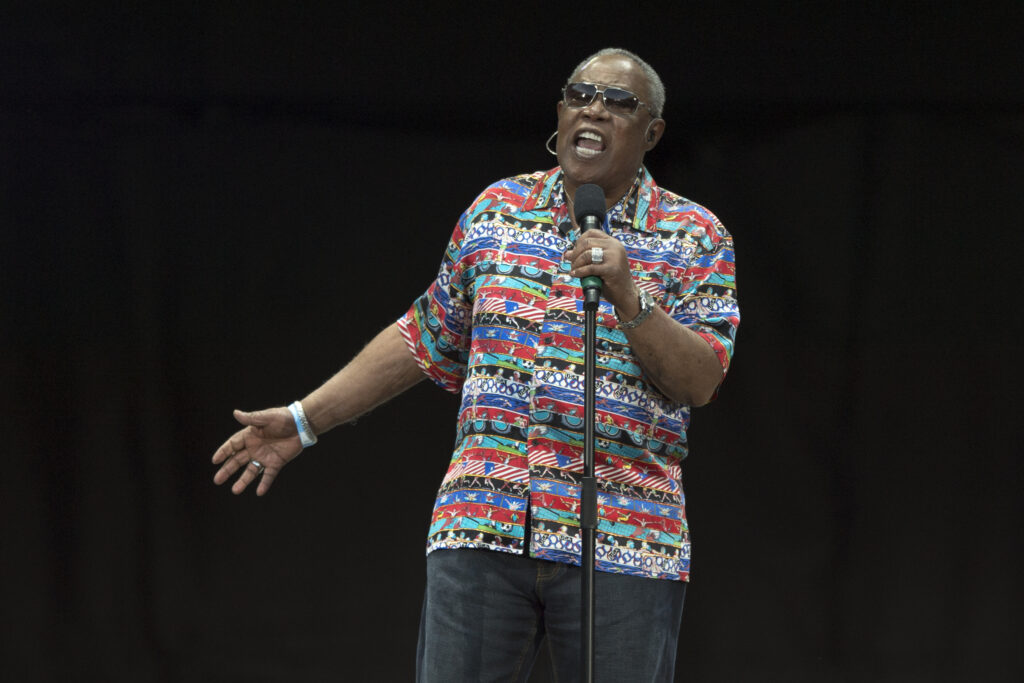
4. **”Soul Man” and the Pantheon of Hits**Between 1965 and 1968, Sam & Dave unleashed an incredible barrage of hits, establishing themselves as an unstoppable force in soul music. This period saw them achieve a remarkable string of 10 straight top-20 Billboard rhythm and blues (R&B) hits, each one a testament to their dynamic interplay and the undeniable quality of their Stax productions. These songs became anthems, resonating deeply with audiences across America.
The undeniable centerpiece of this golden era was “Soul Man,” released in 1967. Penned by the brilliant Isaac Hayes and David Porter, this track was more than just a catchy tune; it was, as Sam Moore later described it, a profound message of “black empowerment.” Moore explained that the song articulated themes of “segregation, subjugation, and liberation,” making it a powerful statement woven into a wildly popular record.
“Soul Man” was a massive hit, not only dominating the charts but also earning Sam & Dave a coveted Grammy Award for Best R&B Performance. Its enduring appeal was solidified by the iconic musical backing of Booker T. & the MG’s, whose tight grooves and soulful instrumentation were legendary. The song even featured one of music’s most famous shout-outs, with Sam & Dave urging, “Play it, Steve,” midway through, addressing guitarist Steve Cropper.
Beyond “Soul Man,” the duo created a canon of classics that continue to define soul music. Hits like “Hold On! I’m Comin'” (1966), “You Got Me Hummin'” (1966), “When Something Is Wrong with My Baby” (1967), and “I Thank You” (1968) showcased their versatility and consistent ability to craft compelling, emotionally resonant tracks. These songs, largely written by Hayes and Porter and backed by the Stax regulars, solidified their place in music history.
Read more about: Sam Moore, Vocal Dynamo of Soul Duo Sam & Dave, Dies at 89; His Tenor Defined an Era and Endured for Decades
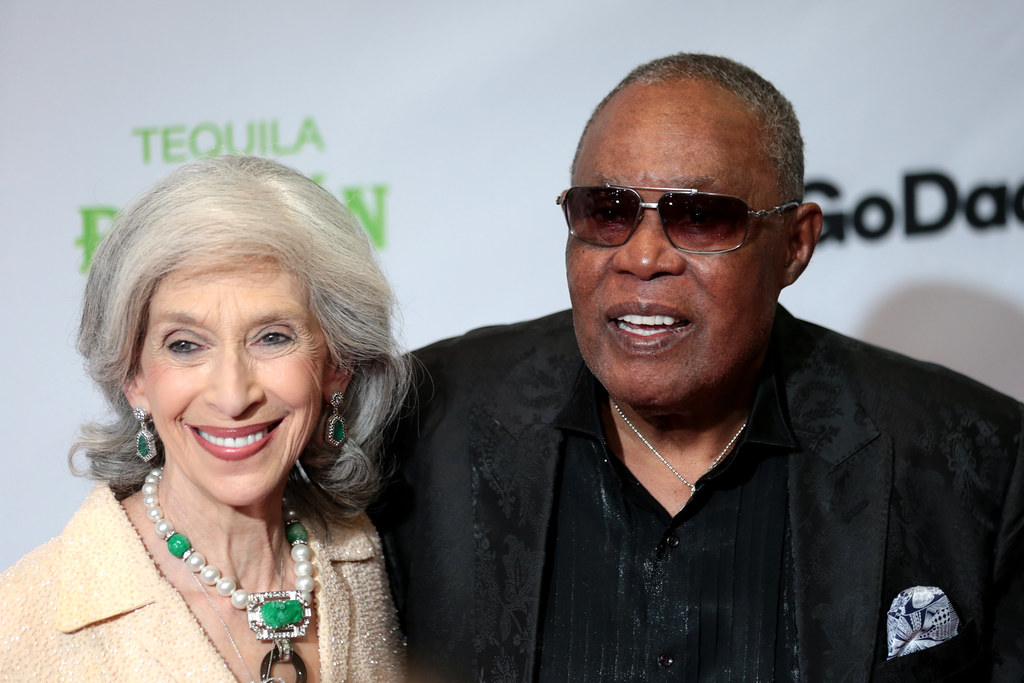
5. **The High-Energy Live Act and Peak Popularity**Sam & Dave weren’t just hit-makers in the studio; they were a phenomenon on stage. Their reputation as a high-energy live act was legendary, often described as “double dynamite” by Stax historians. Their performances were a masterclass in call-and-response, frenetic dancing, and sheer vocal power, captivating audiences with an intensity that few could match.
Their stage prowess was such that they were considered rivals even to the incomparable Otis Redding. In 1967, Sam & Dave toured Britain and Europe with Redding, an experience that undoubtedly showcased the incredible depth and talent within the Stax roster. Sharing stages with such a towering figure only underscored their own formidable abilities as performers.
At the zenith of their popularity, Sam & Dave commanded an impressive touring operation that reflected their superstar status. They traveled with their own airplane, a symbol of their success, and were accompanied by a substantial entourage that included a 16-piece band and 35 support staff. This elaborate setup allowed them to deliver spectacular shows night after night, cementing their reputation as one of the most compelling acts in music.
The sheer scale of their work ethic was remarkable; at their peak, Sam & Dave averaged an astonishing 280 shows a year. This relentless touring schedule exposed their electrifying performances to millions, transforming them into household names globally and solidifying their status as true pioneers of soul, celebrated for their captivating stage presence and unparalleled musical passion.
Read more about: Kevin Hart’s Epic Sneaker Vault: A Deep Dive into His Elite Collection and Signature Kicks
6. **Behind the Music: Struggles and First Breakup**Despite their immense success and the undeniable chemistry in their music, the relationship between Sam Moore and Dave Prater was often fraught with tension. Described as “frequently volatile,” their personal dynamic behind the scenes was a stark contrast to the harmonious energy they projected on stage. These underlying frictions began to take a toll, contributing to challenges that would eventually lead to their separation.
Further complicating matters was the eventual ending of their association with the Stax record label. While Stax had provided the perfect artistic home for their defining sound, business and contractual changes in the late 1960s meant the duo had to navigate a shifting landscape. This transition, combined with their internal conflicts, created a perfect storm that would disrupt their previously unbroken string of successes.
By 1969, the pressures and disagreements proved too much to bear, leading to Sam & Dave’s first breakup. This marked the end of an extraordinary chapter in soul music, leaving fans to wonder what might have been. The dissolution of the duo was not merely a professional split but also a deeply personal one, impacting both artists profoundly as they sought to forge individual paths.
For Sam Moore, the period following the breakup brought immense personal hardship. He moved to New York’s music scene, where he tragically became introduced to heroin and cocaine. This devastating encounter initiated a dark chapter in his life, marking the beginning of a harrowing fifteen-year battle with drug addiction that threatened to overshadow his remarkable musical legacy and derail his future entirely.
Read more about: Victoria Principal: Unforgettable Star of ‘Dallas’ and a Life Beyond the Spotlight

7. **Overcoming Addiction and Finding a New Path**Following the first breakup of Sam & Dave in 1969, Sam Moore embarked on a deeply challenging personal journey, moving to New York’s vibrant, yet often perilous, music scene. It was here that he tragically became introduced to heroin and cocaine, marking the onset of a harrowing fifteen-year battle with drug addiction that threatened to consume his life and overshadow his remarkable musical legacy. This period of immense hardship tested his resilience to its very core, pushing him to the brink both personally and professionally.
A pivotal turning point arrived in 1982 when Moore married Joyce McRae in Europe. McRae, recognizing the depth of his struggle, became more than just his wife; she became his steadfast manager and, crucially, the catalyst for his recovery. It was her unwavering support and decisive action that ordered him into rehabilitation, initiating the arduous process of breaking free from the grip of addiction that had plagued him for so long. This courageous step marked the beginning of a new chapter, one defined by healing and self-reclamation.
Moore’s triumph over addiction wasn’t merely a private victory; it became a public mission. After going public with his addiction in 1983, he transformed his personal struggle into a powerful platform, becoming a fervent antidrug advocate. He dedicated countless hours as a volunteer for antidrug programs, sharing his story to inspire others and shed light on the devastating impact of substance abuse. This commitment underscored a profound shift in his life’s purpose, extending his influence beyond music to genuine social advocacy.
His journey of recovery and renewal was later chronicled in his book, *Sam & Dave – An Oral History*, co-written with Dave Marsh in 1997. This deeply personal account offered readers an unvarnished look into his struggles and triumphs, providing invaluable insights into the human cost of addiction and the power of redemption. The book served as a testament to his strength and an enduring resource for those grappling with similar challenges, further solidifying his role as an inspirational figure.
Read more about: 12 Actionable Psychological Habits for Building Unshakeable Resilience: Insights from the Science of Mind and Behavior

8. **Solo Ventures and The ‘New Sam & Dave’ Controversy**While Sam Moore’s professional relationship with Dave Prater was complicated, his solo career began in earnest after their 1969 split. In June 1970, he formed “Sam’s Soul Together 1970 Review,” an ambitious act featuring singer Brenda Jo Harris and a robust 16-piece orchestra, signaling his intent to forge an independent musical identity. He released three singles on Atlantic Records in 1970 and 1971, showcasing his distinctive vocal prowess outside the duo’s familiar dynamic.
During this period, Moore also made other recordings, notably featuring the legendary Aretha Franklin on piano. These sessions were intended for an album produced by the iconic King Curtis. However, fate intervened tragically in August 1971 when Curtis was stabbed to death outside his Harlem apartment, leading to the indefinite shelving of the project. It would take three decades for these soulful recordings to finally see the light of day, released in 2002 as the acclaimed album *Plenty Good Lovin’*.
The 1980s presented Sam Moore with a unique set of challenges in his solo endeavors. He recounted that finding steady performing work was difficult because bookers and audiences alike often expected “Sam & Dave,” not a solo artist. This hurdle was exacerbated when Dave Prater, in 1982, controversially hired Sam Daniels to perform the “Sam” part for a new “Sam & Dave” act. Moore viewed this as a direct infringement on his legacy and a limitation on his opportunities as an individual artist, leading to significant legal battles.
Moore took decisive legal action to protect his name and artistic integrity, successfully obtaining injunctions against Prater in several cities and counties. This fight for recognition extended beyond his personal case; he formed an organization called Artists and Others Against Imposters, passionately advocating for performers’ rights. In 1989, he even testified before Congress on the subject, highlighting the critical need to protect artists from unauthorized impersonations, laying the groundwork for his later broader advocacy for artists’ rights.
Read more about: Unpacking the Versatile Legacy of Common: A Multi-Talented Icon’s Journey Through Hip-Hop, Hollywood, and Activism

9. **Esteemed Collaborations and Significant Film Appearances**Sam Moore’s post-Sam & Dave career blossomed with an impressive array of collaborations, solidifying his status as a revered voice across genres. In the spring of 1982, he toured Europe alongside fellow soul titan Wilson Pickett, a testament to his enduring power as a live performer. This period marked a return to the stage where his gospel-infused tenor could once again captivate international audiences, reminding everyone of his unparalleled talent.
He embarked on significant recording projects, lending his distinctive voice to albums by other celebrated artists. In 1984, Moore was featured on Don Henley’s *Building the Perfect Beast* with the song “You’re Not Drinking Enough,” and also contributed to an album by Bruce Springsteen, who, a close friend and profound admirer, famously called Moore “The greatest soul singer of the planet.” Their musical connection deepened over the years, with Moore later recording with Springsteen for his 1992 *Human Touch* album and, notably, on Springsteen’s 2023 soul covers album, *Only the Strong Survive*, contributing to “Soul Days” and “I Forgot to Be Your Lover,” and their high-energy duet “Real World.”
Moore also made memorable forays into film, showcasing his versatile talent beyond the concert stage. In 1986, he re-recorded “Soul Man” with Lou Reed for the film of the same name, which reached number 30 on the UK Singles Chart. He joined the Elwood Blues Revue in April 1988, featuring Dan Aykroyd and The Blues Brothers Band, further cementing his connection to the legacy of soul music.
His acting career included an appearance with Junior Walker in the 1988 film *Tapeheads*, where they portrayed the legendary soul duo “The Swanky Modes.” Moore played the role of Reverend Morris, a pre-cursor to a later role, and performed the song “Ordinary Man” from the film on *Late Night with David Letterman* with Walker later that year. This pairing was particularly notable as it was one of the rare instances where performers from the traditionally distinct Motown and Stax camps shared a stage or recorded together, symbolizing a bridge between two titans of soul. Moore’s film presence continued into 1998, where he reprised the role of Reverend Morris in *Blues Brothers 2000*, fulfilling a childhood dream of being a preacher and delivering a powerful rendition of “John the Revelator.”
Read more about: 12 Rising Talents Who Clashed with Hollywood Royalty on Their First Film
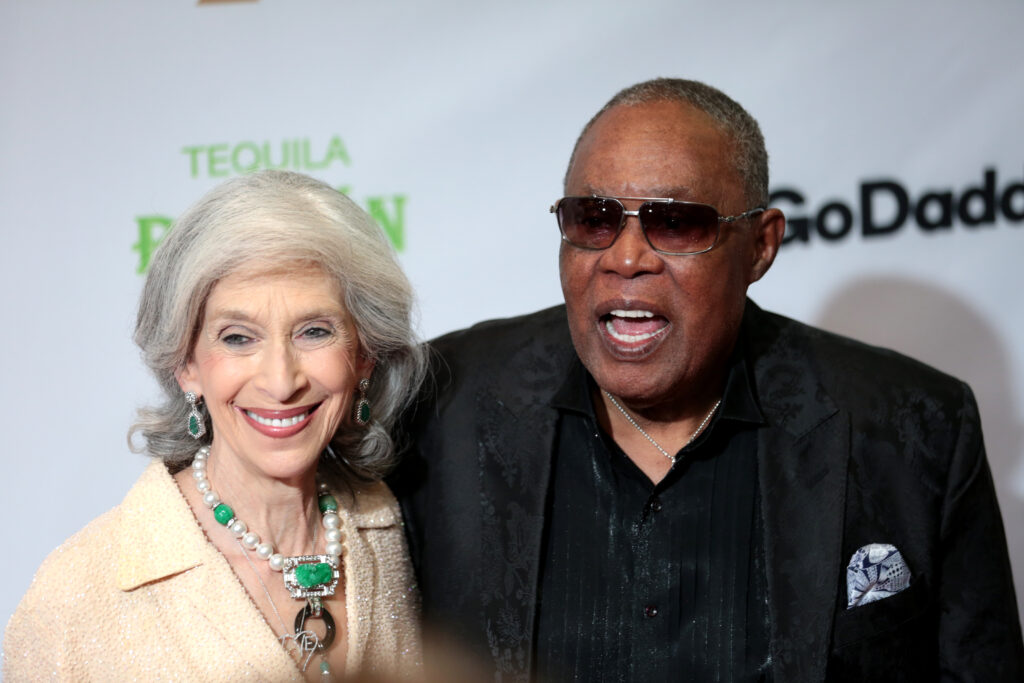
10. **Continued Performing, Advocacy, and Political Engagements**The 1990s and beyond saw Sam Moore continue to be a vibrant force in music, not only through his performances but also through his unwavering advocacy and even his engagements in the political sphere. In 1990, he embarked on a tour of Europe alongside fellow Stax legends Booker T. & The MG’s, Carla Thomas, and Eddie Floyd, with one performance from the Monaco Soul Festival even captured on film and broadcast in France. His collaboration extended to unexpected quarters, recording several songs in 1991 for *Red, Hot & Blues* with Republican Party official and avid bluesman Lee Atwater.
Recognized for his immense contributions, Moore was honored with a Pioneer Award by the Rhythm & Blues Foundation in 1991, acknowledging his lifetime of influence and artistry. A monumental career milestone came on January 15, 1992, when he and (posthumously) Dave Prater were inducted into the Rock & Roll Hall of Fame. In a deeply meaningful gesture, Moore brought Isaac Hayes and David Porter onstage with him at the ceremony to recognize the critical contributions of his former songwriting and producing partners, and also brought Dave Prater, Jr., to acknowledge his former singing partner, showcasing his humility and respect for their shared history.
Moore’s vocal prowess also found its way into political discourse, albeit with some controversy. In 1996, he released “I’m a Dole Man,” a rewritten version of “Soul Man” lyrics, for presidential candidate Bob Dole to use at voter rallies. However, the owners of the publishing rights to “Soul Man” did not agree with the claim that it was fair use as a parody and ultimately forced the campaign to cease its use. Similarly, in 2008, Moore sent a cease-and-desist letter to the Barack Obama campaign when they used “Hold On, I’m Comin'” at rallies, demonstrating his steadfast stance on the unauthorized use of his music.
Despite political pressures, Moore remained committed to performing for the office of the President, singing a rendition of “America the Beautiful” at incoming President Donald Trump’s inaugural concert in Washington, D.C., in 2017. Before his performance, Moore stated he was “honored” to be part of the ceremony and would not succumb to pressure from activists to cancel. His tireless advocacy for artists’ rights continued, with Joyce McRae becoming his business manager, working with Sam to advocate for royalties and pension payments, and Moore testifying in Congress on behalf of the Fair Play Fair Pay Act in his later years. He was also a frequent performer at the Kennedy Center Honors, singing for multiple presidents, highlighting his non-partisan dedication to the role of music in national life.
Read more about: Toumani Diabaté, Malian Master of the Kora, Who Transcended Borders and Carried a Rich West African Legacy to the World, Dies at 58
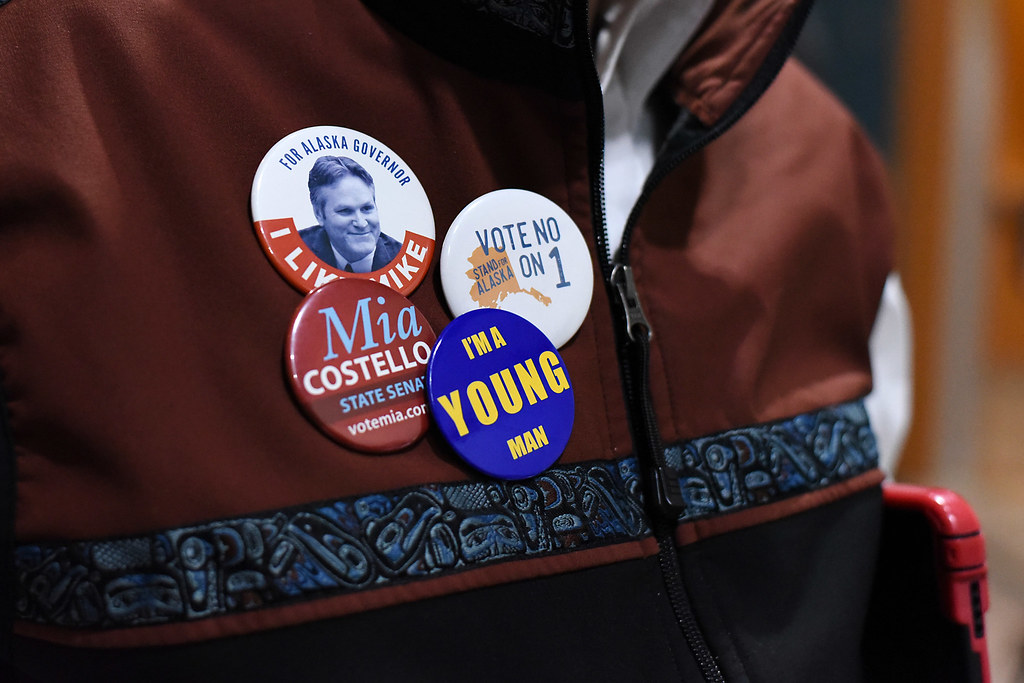
11. **Late-Career Resurgence and New Recordings**The 21st century ushered in a remarkable late-career resurgence for Sam Moore, marked by the long-awaited release of earlier recordings and critically acclaimed new material. In 2002, his solo album *Plenty Good Lovin’*, originally recorded in 1971 with King Curtis producing and Aretha Franklin on piano, finally reached record stores. This album, which had been tragically shelved for three decades after Curtis’s murder, was met with enthusiastic reception, notably receiving a four-star review in *USA Today*, a testament to its timeless quality.
That same year, Moore starred in D. A. Pennebaker-directed documentary *Only the Strong Survive*, a Miramax film that was a selection at both the Cannes and Sundance Film Festivals. In the film, Moore candidly chronicled his previous drug use, offering a powerful and honest reflection on his life’s challenges. His enduring legacy was further cemented in 2003 when the Stax Museum opened in Memphis, prominently featuring Sam & Dave in the museum’s film, *Soulsville*, and honoring them with a permanent wall and video display.
The iconic status of his work was underscored in December 2004 when *Rolling Stone* named “Soul Man” one of the 500 greatest songs of all time. Moore continued to be a sought-after live performer, appearing as a featured guest at Bruce Springsteen’s 2003 Asbury Park Christmas shows. In 2006, Moore received a prestigious MOBO (Music of Black Origin) lifetime achievement award in the United Kingdom, acknowledging his profound and lasting impact on music.
The culmination of this late-career momentum arrived on August 29, 2006, with the release of *Overnight Sensational*, his first new solo album in 30 years. Produced by Randy Jackson, this star-studded album featured an incredible lineup of collaborators including Sting, Mariah Carey, Bruce Springsteen, Jon Bon Jovi, Fantasia, and 20 other guest artists, showcasing the immense respect he commanded in the music industry. *Overnight Sensational* garnered positive reviews, particularly for the moving song “You Are So Beautiful,” which featured Moore, Billy Preston, and Eric Clapton, and subsequently received a coveted Grammy Award nomination, proving his voice remained as powerful and resonant as ever.
Read more about: A Maestro of Mirth: Unpacking Bob Newhart’s Enduring Legacy and How His Deadpan Wit Reshaped the Landscape of American Comedy
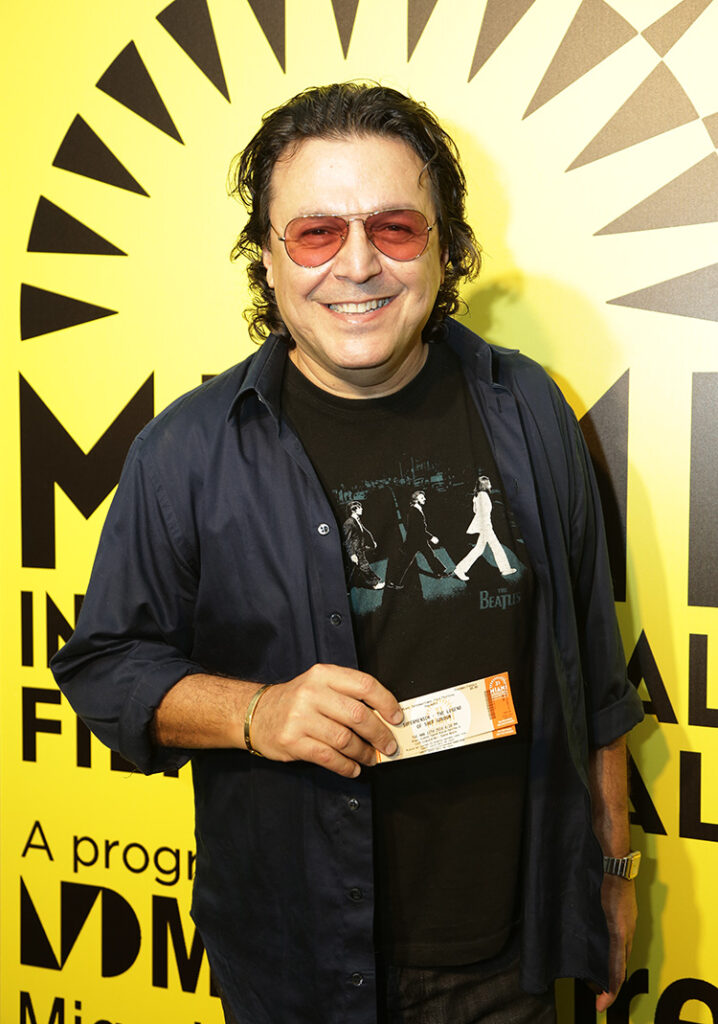
12. **An Unwavering Voice Until the End**Sam Moore’s passion for music and performing remained undimmed through his final years, his voice resonating with power and soul until the very end. On September 1, 2017, at the age of 81, he graced the stage of the Royal Albert Hall BBC Proms in London, performing live with Jools Holland and his Rhythm & Blues Orchestra in a heartfelt tribute concert celebrating 50 years of Stax Records. His stage presence and vocal delivery continued to electrify audiences, demonstrating that age had only deepened the richness of his artistry.
Right up until his passing, Moore remained dedicated to his craft. At the time of his death, he was actively working on a gospel album with Rudy Perez, a testament to his spiritual roots and an unwavering commitment to music that began in his church choir in Miami. His journey came to a peaceful close on January 10, 2025, at the age of 89, following complications while recovering from surgery at a hospital in Coral Gables, Florida.
The news of his death prompted an outpouring of tributes from across the music world, echoing the sentiment that a true giant had passed. Bruce Springsteen eloquently stated, “Over on E Street, we are heartbroken to hear of the death of Sam Moore, one of America’s greatest soul voices. There simply isn’t another sound like Sam’s soulful tenor in American music.” Springsteen’s bandmate, Steven Van Zandt, added, “RIP Sam Moore. One of the last of the great Soul Men. Him and Dave Prater were the inspiration for me and Johnny to start Southside Johnny and the Asbury Jukes.” These heartfelt messages underscored the profound influence Moore had on countless artists and the enduring legacy of his authentic, powerful voice. He is survived by his beloved wife, Joyce MacRae, whom he married in 1982, his daughter Michell, and two grandchildren, along with “14 or 15 children by different women,” leaving behind a vast and unforgettable personal and musical legacy.
Read more about: Brains and Beats: 13 Famous Musicians Who Also Hold Advanced Degrees from Elite Universities
As the curtain falls on an extraordinary life, Sam Moore’s voice will continue to reverberate through the annals of music history. His journey, marked by both soaring triumphs and profound struggles, is a powerful narrative of resilience, artistic integrity, and the sheer, unadulterated force of soul. From the gritty stages of Miami clubs to the hallowed halls of the Rock & Roll Hall of Fame, from battling personal demons to advocating for his fellow artists, Moore’s spirit burned brightly, igniting stages and inspiring hearts across the globe. He was, and forever will remain, a true “Soul Man,” whose contributions helped define not just a genre, but an era, leaving us with a treasure trove of music that promises to uplift and move generations to come. His powerful tenor, a beacon of authenticity and raw emotion, will ensure that the sound of Sam Moore lives on, an eternal testament to the enduring power of soul.

